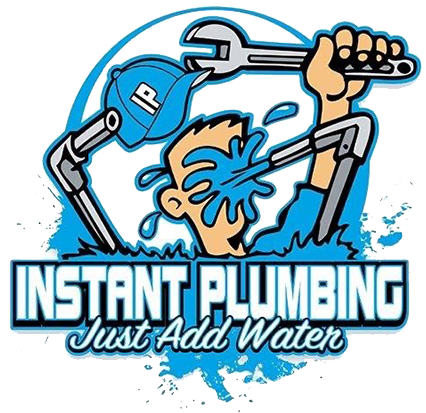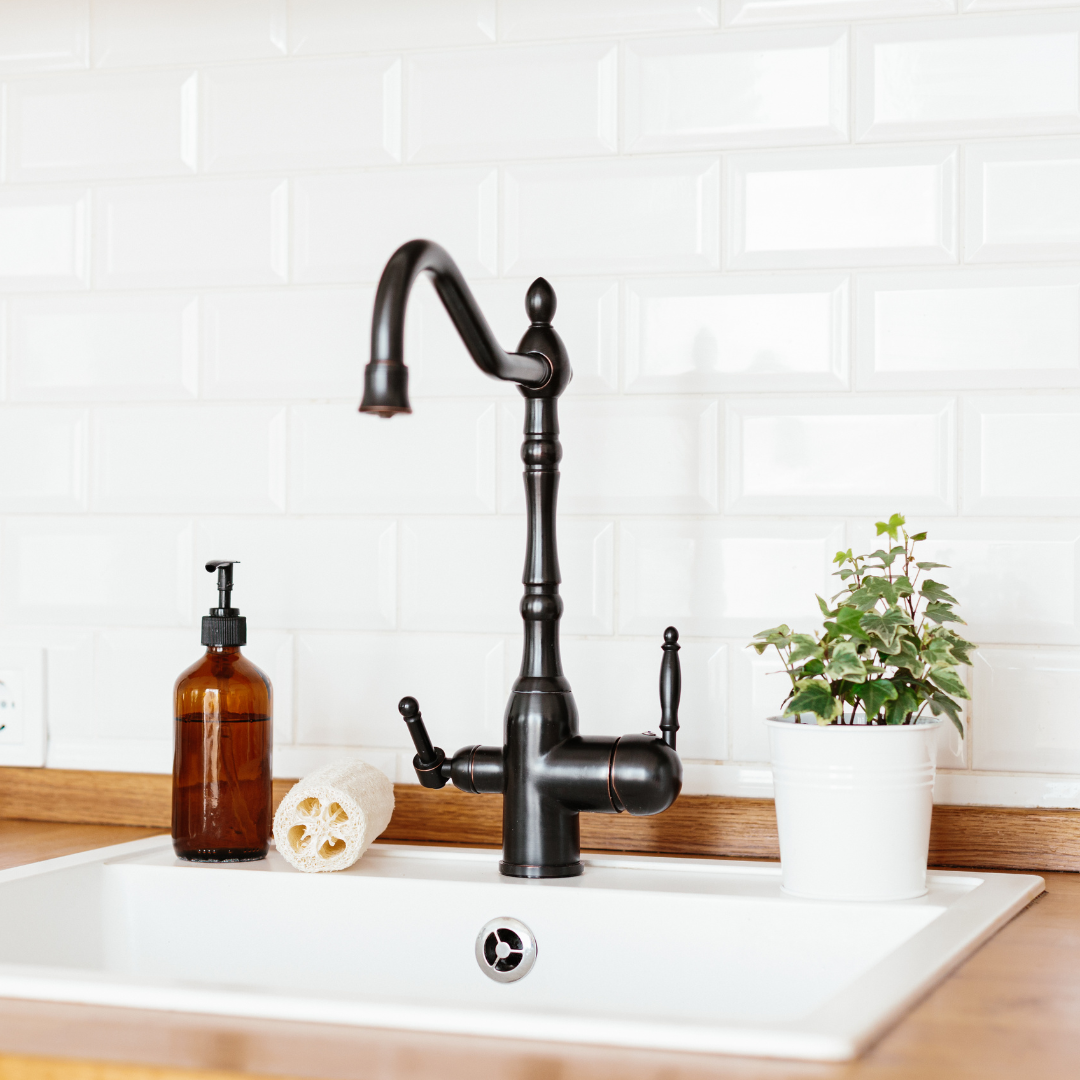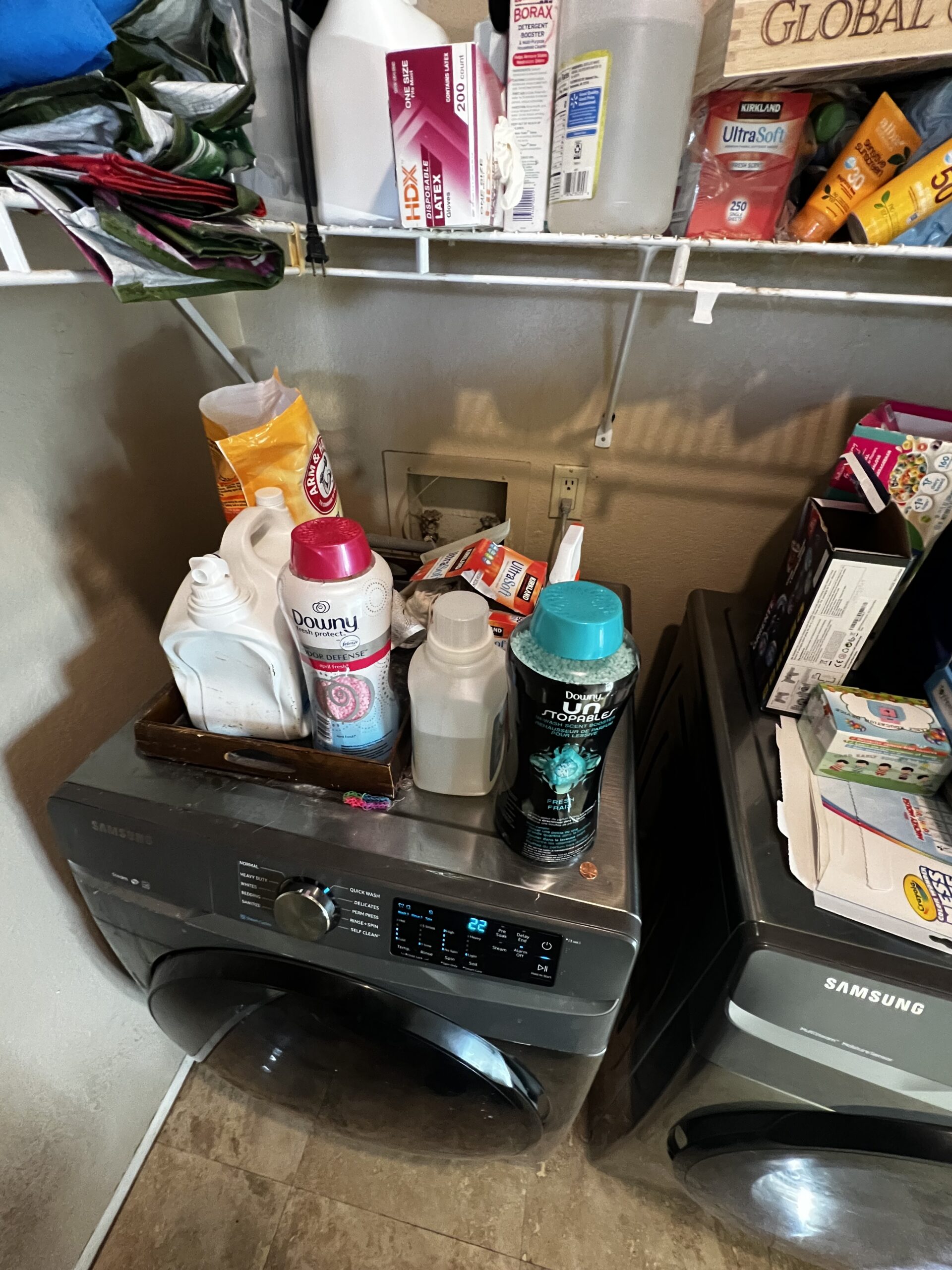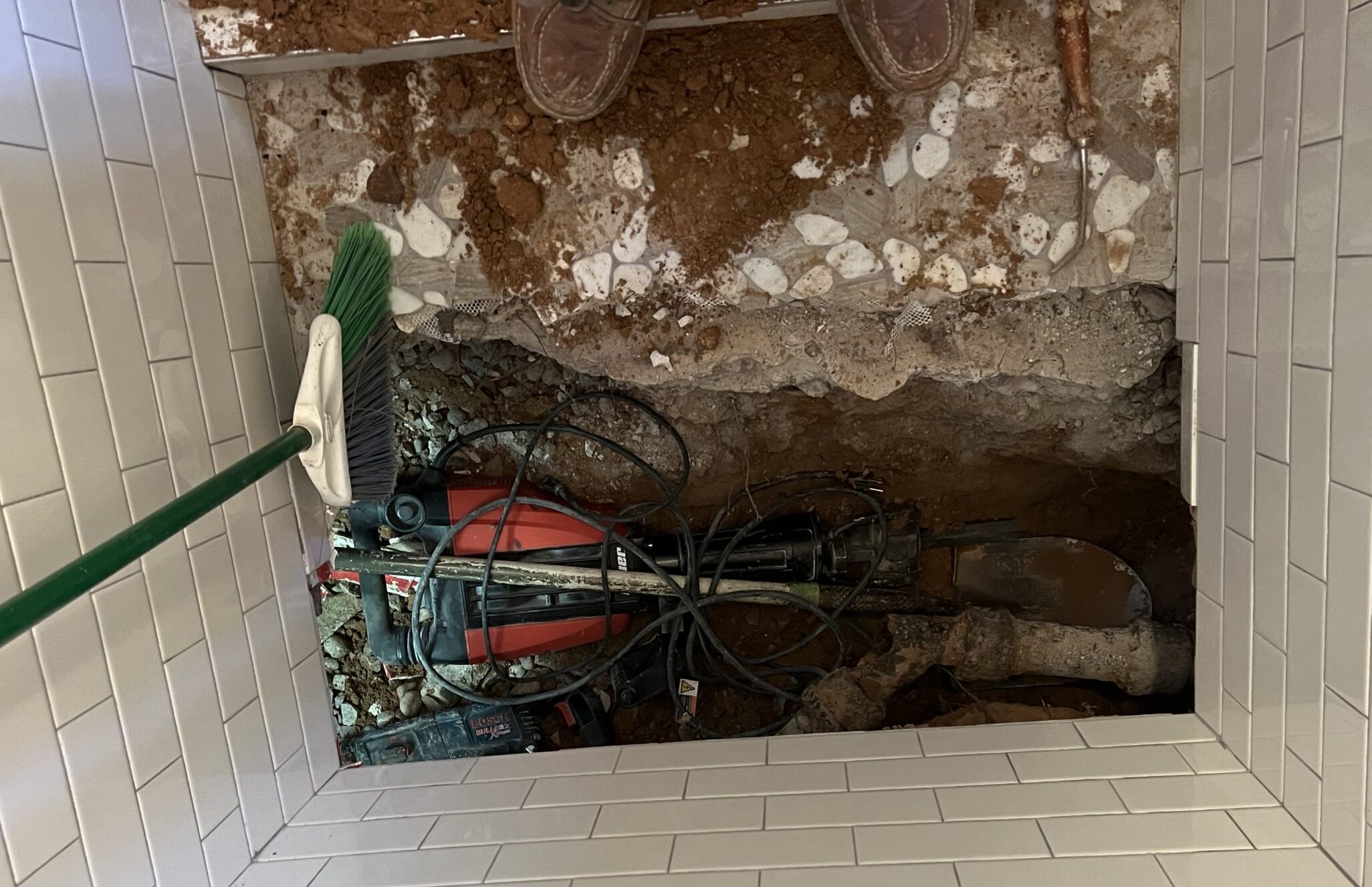Today, we’re tackling a topic that’s a bit of a nuisance for many homeowners – hard water. If you’ve ever noticed a buildup of white scale on your faucets, showerheads or felt your skin unusually dry after a bath, you might be dealing with hard water. Let’s explore what hard water is, its effects, and how you can manage it effectively.
What Is Hard Water?
Hard water is water that contains a high concentration of minerals, particularly calcium and magnesium. While it’s not harmful to health, it can have several undesirable effects on your household plumbing and appliances. Hard water is a common issue in many areas, and understanding it is the first step in managing its impact.
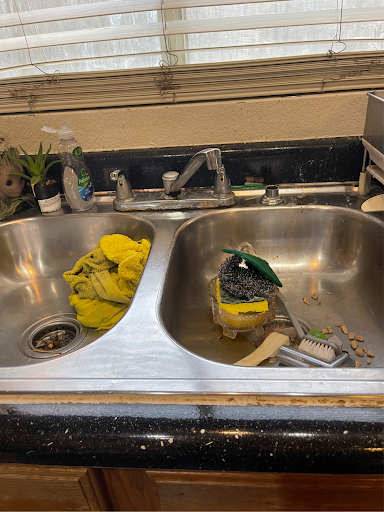


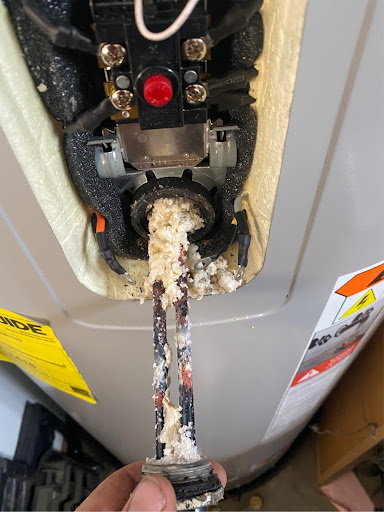

Effects of Hard Water
- Appliance Efficiency: Hard water can reduce the efficiency of appliances like water heaters, washing machines and dishwashers. The minerals in hard water can build up over time, leading to clogs and reduced effectiveness.
- Plumbing Fixtures: Over time, the minerals in hard water can deposit on plumbing fixtures such as faucets and shower heads, reducing water flow and breaking down the fixtures.
- Skin and Hair Issues: Hard water can leave your skin feeling dry and your hair dull. The minerals can strip away natural oils, leading to dryness and irritation.
- Cleaning Challenges: You might notice that soap and shampoo don’t lather as well in hard water. It can also leave spots on shower doors, dishes and glassware, making cleaning more challenging.
Solutions for Hard Water
Water Softeners: Installing a water softener is one of the most effective ways to combat hard water. It removes the minerals that cause hardness, leaving you with soft water that’s kinder to your appliances, plumbing, and yourself.
Vinegar Solutions: For a quick fix, using vinegar can help remove hard water buildup on fixtures and appliances. It’s a natural and eco-friendly option.
Specialized Cleaning Products: There are cleaning products designed to tackle hard water stains and buildup. These can be particularly useful for cleaning bathrooms and kitchens.
Regular Maintenance: Regularly cleaning and maintaining appliances and fixtures can help minimize the effects of hard water.
Frequently Asked Questions
Q: How can I tell if I have hard water?
A: Signs of hard water include spots on shower doors, dishes, reduced soap lather, dry skin and hair, and scale buildup on fixtures. You can also have your water tested for hardness.
Q: Is hard water harmful to my health?
A: Hard water is not harmful to health. In fact, the minerals in hard water can be beneficial. However, it can cause other issues in your home.
Q: Can hard water damage my plumbing Fixtures?
A: Yes, over time, the minerals in hard water can build up on your plumbing fixtures, reducing water flow and breaking down the fixtures.
Q: Are water softeners safe for septic systems?
A: Most modern water softeners are designed to be safe for septic systems. However, it’s important to ensure they are properly installed and maintained.
Q: Can I treat hard water without a water softener?
A: While water softeners are the most effective solution, you can use vinegar solutions and specialized cleaning products to manage hard water effects.
Dealing with hard water can be a challenge, but with the right knowledge and tools, it’s a manageable one. At Instant Plumbing and Rooter, we’re committed to helping you find the best custom plumbing solutions for your home’s water quality. If you’re dealing with hard water issues or have any plumbing concerns, don’t hesitate to reach out to us. We’re here to provide expert advice and services to ensure your home’s plumbing is in top condition. Contact us today to learn more about how we can help you tackle hard water problems and keep your home running smoothly.
